Adding encapsulated fats to plant-based meat
2019-2021
To produce juicier products, Dr. San Martin is incorporating oil into plant-based meat with oleogels and encapsulated fats.
PRODUCTION PLATFORM: Plant-based
TECHNOLOGY SECTOR: End product formulation and manufacturing

Project aims
This project characterizes and prepares oleogels for use in plant-based meat. It evaluates the cooking and sensory experience of plant-based meat with oleogels, which will enable better incorporation of fats into plant-based products.
This research will create plant-based meat with a sensory profile closer to that of animal meat. The work will also generate open publications and research protocols that will help emerging plant-based meat companies improve their products.
Principal researcher

Dr. Ricardo San Martin
Research Director and Industry Fellow, Alt.Meat Program, University of California, Berkeley, USA
Dr. San Martin is a professor of engineering with understanding of colloid chemistry, scaling up and costing of processing plants, and lab-to-market strategy. He directs research for the Alt.Meat Program at UC Berkeley, a program that allows students to explore entrepreneurial opportunities in alternatives to animal meat. He is also the co-founder of Natural Response in Chile, which is dedicated to the production of plant extracts.

Alt: Meat Lab at UC Berkeley
Check out Dr. Ricardo San Martin’s Alt: Meat Lab at UC Berkeley.
View related grant projects
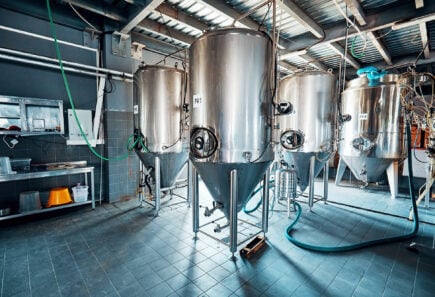
Fermenting flavor bases
Learn about GFI research grantee BZ Goldberg’s work at The Mediterranean Food Lab to develop better flavors for plant-based meat using fermentation.
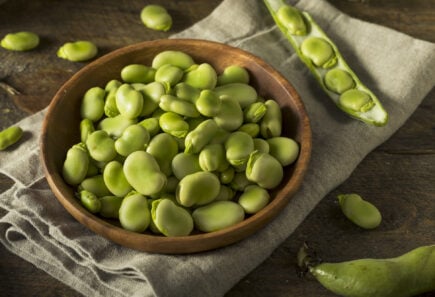
Texturizing proteins and fiber
GFI grantee Dr. Girish Ganjyal at Washington State University is texturizing proteins and fiber to make better plant-based meat.
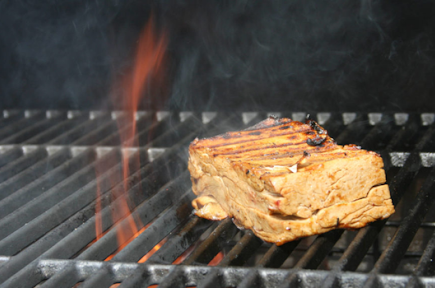
Shear cell technology
GFI grantee Dr. Birgit Dekkers at Rival Foods in The Netherlands is developing shear cell technology to make whole cuts of plant-based meat.
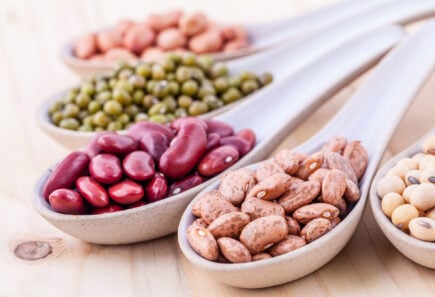
Muscle-like structures from pulse proteins
Learn about Dr. Zata Vickers’s research to develop muscle-like structures from pulse proteins to improve the texture of plant-based meat.
Explore research opportunities
-
Cultivated
-
Fermentation
-
Plant-Based
Optimizing fat profiles for nutritional and sensory properties
Because alternative meat’s fat content and fatty acid profile can be more easily controlled than conventional meat’s, there is an opportunity to alter fat content for nutritional benefits. Additional research…
-
Cultivated
-
Fermentation
-
Plant-Based
Hybrid products to optimize nutrition, taste, cost, and sustainability
Hybrid products are a promising means to improve the cost and sustainability of animal-derived meat while improving the taste of plant proteins. Promoting the health benefits of hybrids may facilitate…
-
Cultivated
-
Plant-Based
Plant-based scaffolds to improve cultivated meat nutrition
A variety of plant-based scaffolds present the opportunity to combine the natural nutritional and structural benefits of plants with the taste and high protein of cultivated meat. Bacterial nanocellulose from…
Check out related resources

Plant-based meat is about to get juicier
GFI research grant recipient Dr. Ricardo San Martin and bright minds at the Alternative Meat Program at UC Berkeley are using plant-based oils to help plant-based meat manufacturers achieve the…
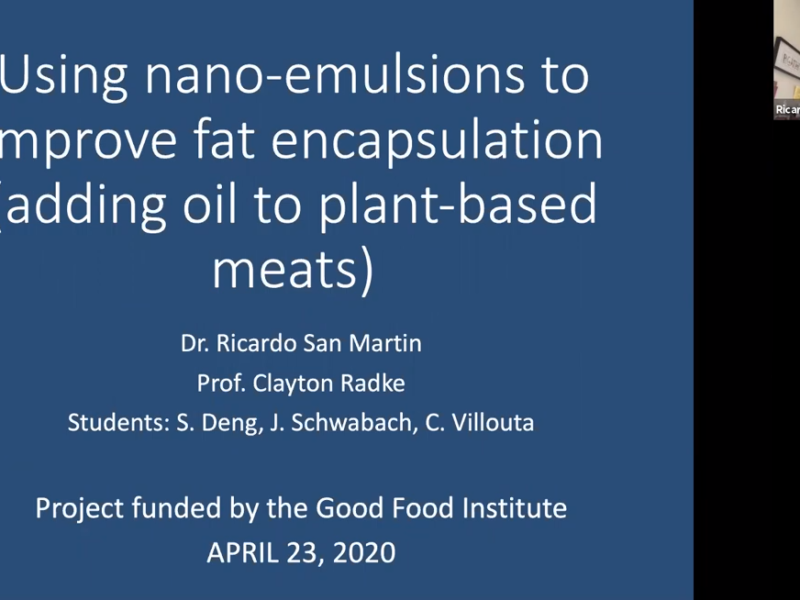
Using nano-emulsions to improve fat encapsulation

Students will lead the alternative protein revolution. GFI’s Alt Protein Project is here to help.
As the leaders of tomorrow, students are uniquely positioned to help build a better food system. That’s why GFI launched the Alt Protein Project.
